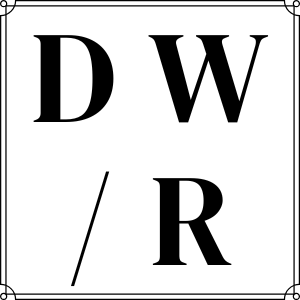Autonomous Writing Groups and Radical Equality: An Innovative Approach to University Writing
This paper presents a program for a university writing group, ran as a trial in Germany, that differs from common writing groups by allowing writers a high level of autonomy and choice. To theoretically frame this writing group model, we draw on the…
Listed in Article | publication by group Discourse and Writing/Rédactologie
Version 1.0 - published on 10 Jul 2025 doi: 10.31468/cjsdwr.586 - cite this
Licensed under Creative Commons BY-SA 4.0
Description
This paper presents a program for a university writing group, ran as a trial in Germany, that differs from common writing groups by allowing writers a high level of autonomy and choice. To theoretically frame this writing group model, we draw on the French philosopher Jacques Rancière and his presupposition of a radical equality of intelligence. Findings suggest that the use of these writing groups provide a foundation for students to experience academic writing in ways that are more playful, creative, and joyful, without feeling inferior and increasing students’ awareness of their own intelligence, capacity and creativity. By coupling grounded analysis with theoretical reflections, and a set of questions to guide practice, this paper outlines how this program could be relevant for writing educators, curriculum developers, and other faculties in higher educational institutions across global contexts.
Cite this work
Researchers should cite this work as follows:
- Girgensohn, K., Macgilchrist, F., (2025), "Autonomous Writing Groups and Radical Equality: An Innovative Approach to University Writing", HSSCommons: (DOI: 10.31468/cjsdwr.586)
Tags
Notes
Original publication: Girgensohn, Katrin; Macgilchrist, Felicitas. "Autonomous Writing Groups and Radical Equality: An Innovative Approach to University Writing." Discourse and Writing/Rédactologie, vol. 28, 2018, pp. 79-102. DOI: 10.31468/cjsdwr.586. This material has been re-published in an unmodified form on the Canadian HSS Commons with the permission of Discourse and Writing/Rédactologie. Copyright © the author(s). Work published in DW/R is licensed under the Creative Commons CC BY-SA license
Publication preview
Discourse and Writing/Rédactologie
This publication belongs to the Discourse and Writing/Rédactologie group.
When watching a publication, you will be notified when a new version is released.
